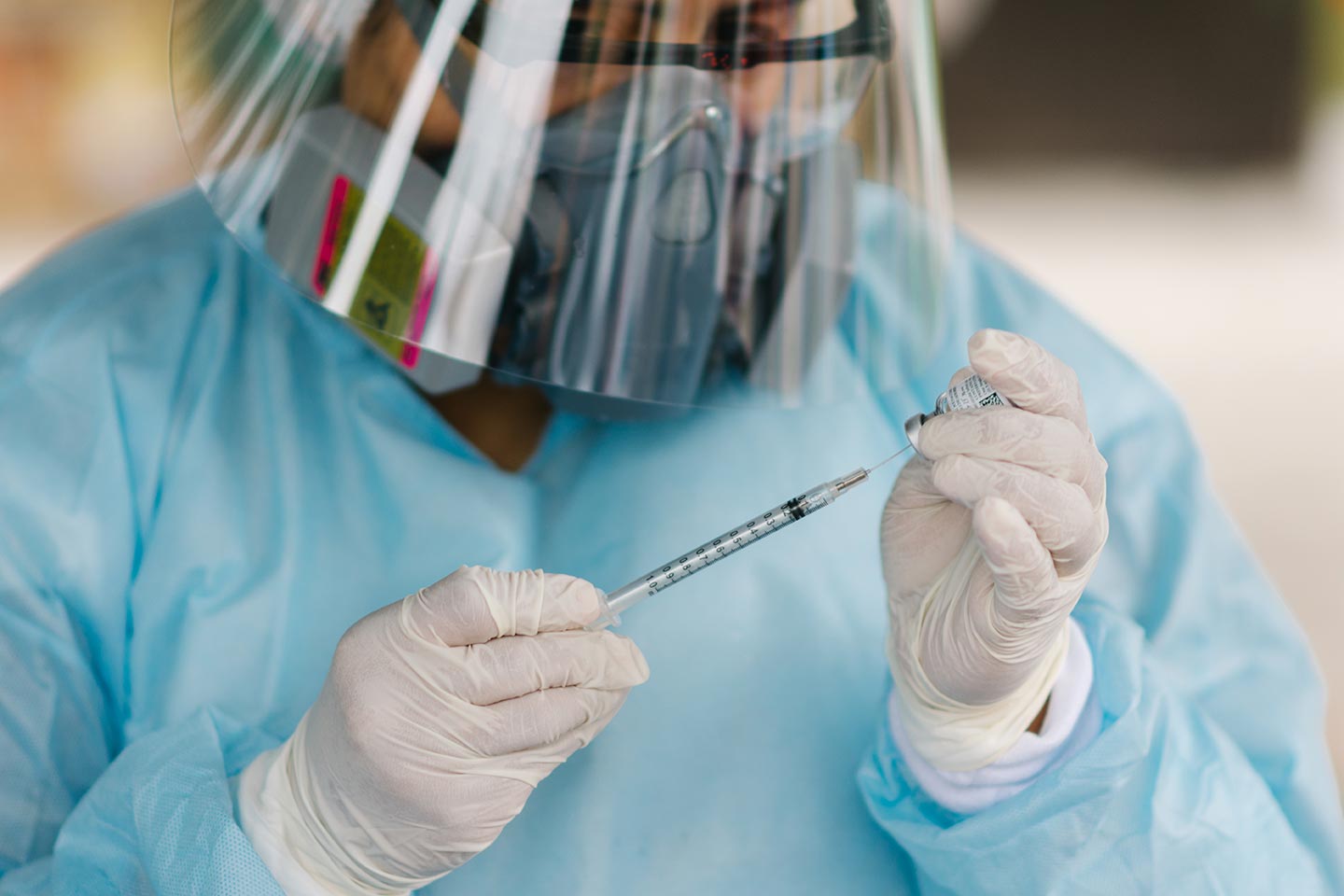Diphtheria may resurface as a ‘major global threat’ study warns.
Researchers identify bacterial variants that may be evolving resistance to antimicrobials and vaccines.
- 11 March 2021
- 3 min read
- by Linda Geddes

Diphtheria risks resurfacing as a ‘major global threat’ as it evolves resistance to antimicrobials and vaccination schedules are disrupted by the COVID-19 pandemic, researchers have warned.
In the future, it may also evolve resistance to current vaccines – although this remains a theoretical threat for now. Diphtheria is a highly contagious bacterial infection affecting the nose, throat, and sometimes the skin. Death occurs in 5% to 10% of those infected, mainly children under 5 years of age.
Diphtheria infections can usually be treated with a number of classes of antibiotic, but the team discovered that the average number of AMR genes harboured within bacterial genomes is increasing with each decade.
The disease is one of five covered by the Gavi-supported Pentavalent vaccine, the others being tetanus, pertussis (whooping cough), hepatitis B and Haemophilius influenzae type b. There are also other diphtheria-containing vaccines used in non-Gavi-supported countries. However, although vaccination prevents symptomatic infections, it does not prevent people from carrying and spreading diphtheria, which makes high vaccination coverage essential. Booster doses are also necessary to maintain longer-term protection.
According to World Health Organization (WHO) data, incidence of diphtheria is on the rise, with almost 17,000 cases reported in 2018 - the highest incidence in 22 years. Disrupted childhood vaccination schedules resulting from the pandemic could make things even worse.
At the same time, the Corynebacterium diphtheriae bacterium that causes the disease is evolving to become resistant to various classes of antibiotics.
Have you read?
In a new study, published in Nature Communications, Robert Will at the Cambridge Institute of Therapeutic Immunology and Infectious Disease (CITIID) and colleagues compared the genomes of 61 bacterial samples isolated from patients and 441 publicly available genomes to build a genetic ‘family tree’ of C. Diphtheriae. This enabled them to see how the infections were related and to better understand how they spread. They also used this information to assess the presence of antimicrobial resistance (AMR) genes.
Diphtheria infections can usually be treated with a number of classes of antibiotic, but the team discovered that the average number of AMR genes harboured within bacterial genomes is increasing with each decade.
“AMR has rarely been considered as a major problem in the treatment of diphtheria, but in some parts of the world, the bacterial genomes are acquiring resistance to numerous classes of antibiotics,” said Dr Pankaj Bhatnagar from the WHO country office for India. “There are likely to be a number of reasons for this, including exposure of the bacteria to antibiotics in their environment or in asymptomatic patients being treated against other infections.”
The team also assessed variations in the tox gene, which encodes the diphtheria toxin – the target of current vaccines. Of the 18 variants they identified, several had the potential to change the toxin’s structure. Professor Gordon Dougan also at CITIID, said: “The diphtheria vaccine is designed to neutralise the toxin, so any genetic variants that change the toxin’s structure could have an impact on how effective the vaccine is. While our data doesn’t suggest the currently used vaccine will be ineffective, the fact that we are seeing an ever-increasing diversity of tox variants suggests that the vaccine, and treatments that target the toxin, need to be appraised on a regular basis.”
In other words, we must remain vigilant to avoid diphtheria becoming a major global threat once more.








